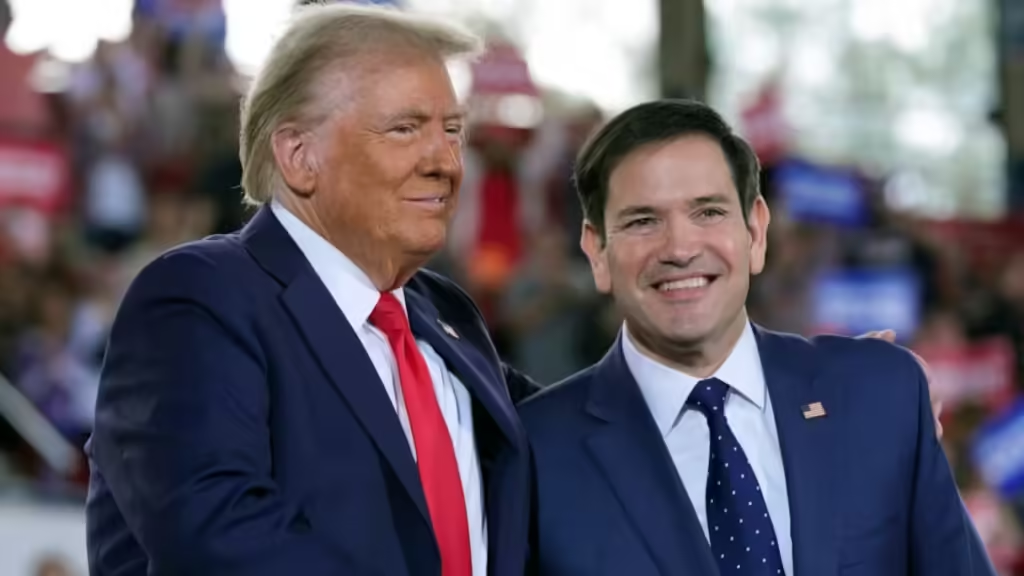
Introduction
The American political sphere is buzzing with discussions around the potential appointment of Senator Marco Rubio as Secretary of State in President-elect Donald Trump’s administration. Known for his firm stance against authoritarian regimes and advocacy for democratic values, Rubio could bring a unique approach to U.S. foreign policy. This article explores Rubio’s political background, his foreign policy priorities, and the impact his appointment might have on America’s global stance.
Marco Rubio’s Political Background and Rise in U.S. Politics
Marco Rubio, the son of Cuban immigrants, has become one of the most prominent voices in the U.S. Senate on foreign affairs since his election in 2010. Serving on key committees, including the Foreign Relations and Intelligence Committees, Rubio has built a reputation as a committed advocate for democracy and human rights worldwide. His experiences as a Cuban American and his family’s history with communism have significantly shaped his worldview and political motivations, particularly his staunch opposition to authoritarian regimes.
Rubio’s Anti-Communist Stance
Rubio’s views on communism and authoritarianism are deeply personal, rooted in his family’s escape from communist Cuba. He is known for his strong opposition to oppressive regimes, especially those in China, Russia, and Venezuela. Rubio has consistently pushed for legislation supporting human rights and democratic movements, making him a critical figure in promoting U.S. efforts to counter authoritarian influence globally.
Key Foreign Policy Positions of Marco Rubio
- China: Rubio has been a vocal critic of China’s human rights record, especially regarding the treatment of Uyghur Muslims and the suppression of freedoms in Hong Kong. As Secretary of State, Rubio would likely advocate for stringent policies aimed at containing China’s global influence, which could include economic sanctions and increased support for democratic movements within China and Hong Kong.
- Latin America: Given his Cuban heritage, Rubio has shown a vested interest in Latin American politics, particularly concerning Cuba and Venezuela. He has introduced multiple bills to support democratic transitions in these countries and to hold oppressive leaders accountable. His potential role as Secretary of State could mean an increased focus on Latin America and more robust policies supporting democracy and economic freedom in the region.
- The Middle East: Rubio’s stance on the Middle East centers on promoting American interests, supporting allies, and maintaining stability in the region. His commitment to strengthening alliances, particularly with Israel, and countering Iran’s influence could shape U.S. policy in the region, potentially leading to a firmer stance on issues like nuclear proliferation and regional security.
Trump’s Cabinet Selection and Rubio’s Possible Role
Sources have indicated that Marco Rubio is a leading candidate for Secretary of State in Trump’s administration. Trump’s focus on loyalty and experience aligns well with Rubio’s conservative stance and his extensive experience in foreign affairs. Rubio’s inclusion in the Cabinet would signal a strong commitment to upholding traditional American values and a firm stance against authoritarianism. If appointed, he would face the significant challenge of balancing U.S. interests with diplomatic complexities in an increasingly polarized global environment.
Challenges Rubio May Face as Secretary of State
As Secretary of State, Rubio would face significant challenges, including managing relations with major global powers like China and Russia while addressing crises in the Middle East and Latin America. Balancing American interests with diplomatic strategies will be essential, as will Rubio’s ability to strengthen alliances and foster new partnerships. His approach will likely be one of assertiveness, particularly concerning authoritarian governments, which may either improve U.S. influence abroad or increase tensions.
Conclusion
The potential appointment of Marco Rubio as Secretary of State could mark a pivotal shift in U.S. foreign policy. His commitment to democratic values and human rights, paired with a firm stance against authoritarian regimes, could reinforce America’s global role in promoting freedom and stability. Rubio’s policies and approach to international relations may define the United States’ direction in the coming years, potentially reshaping alliances and deepening America’s role as a leader in advocating for democracy worldwide.
Resources
U.S. Senate Committee on Foreign Relations
For an overview of Marco Rubio’s work and influence on the Foreign Relations Committee, you can direct readers to the U.S. Senate Foreign Relations Committee’s official website. This site provides information on key issues Rubio has been involved with, including legislation and committee hearing notes on China, Latin America, and human rights topics.
The Wall Street Journal – Marco Rubio’s Stance on China
The Wall Street Journal offers regular reporting on U.S.-China relations, with detailed analyses of policies promoted by politicians like Rubio. An article titled “Rubio’s China Policy Proposals and Their Impact on U.S. Trade and Human Rights” (search for the exact title in the WSJ archive) discusses Rubio’s legislative initiatives to address China’s human rights record and potential trade restrictions, providing a broader context for his potential foreign policy as Secretary of State.
The Brookings Institution – Latin American Policy Analysis
The Brookings Institution frequently publishes insights on U.S.-Latin American relations. Their research, such as in the report “The Future of U.S.-Cuba Relations: Analyzing the Rubio Doctrine”, explores Rubio’s policy preferences toward Cuba and Venezuela, shedding light on the implications of his stance on democracy and human rights in Latin America.
The New York Times – Opinion Pieces and News
The New York Times has published numerous opinion pieces and articles covering Rubio’s potential role in a future Trump administration. For example, articles like “Trump’s Cabinet Choices and Marco Rubio’s Role in Shaping U.S. Foreign Policy” provide insight into the political landscape and Rubio’s alignment with Trump’s international vision.
Rubio’s Official Senate Website
Marco Rubio’s official Senate website offers a wealth of direct information from Rubio himself. It includes press releases, policy stances, and updates on his legislative work. This is an excellent source for primary statements and official content directly from Rubio, which can lend authenticity to the article.
For further details on this topic, visit The Newsify.





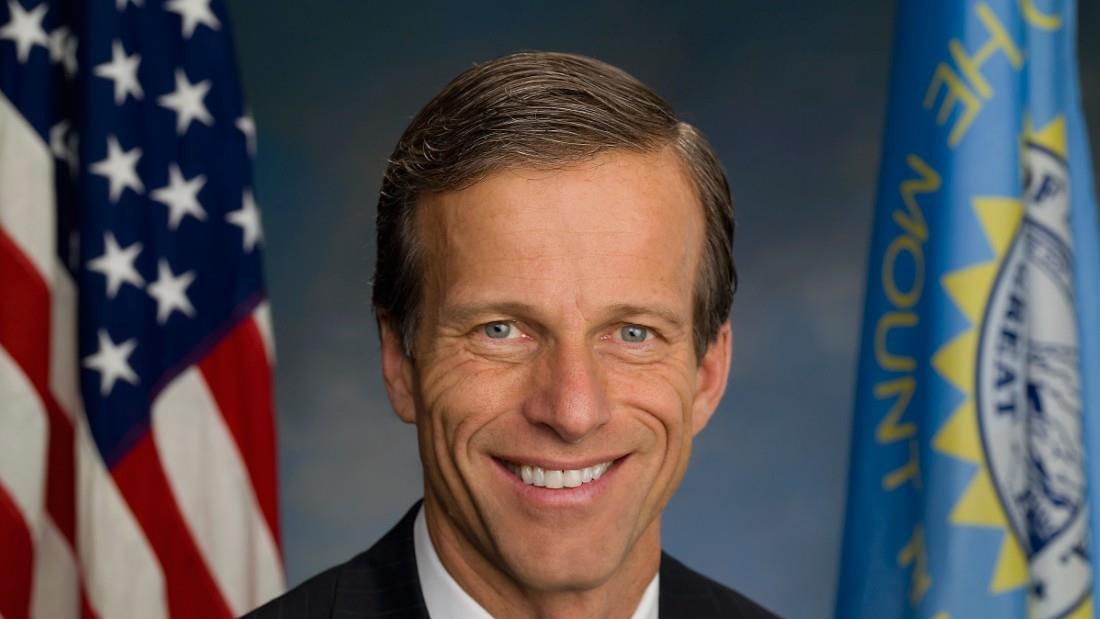
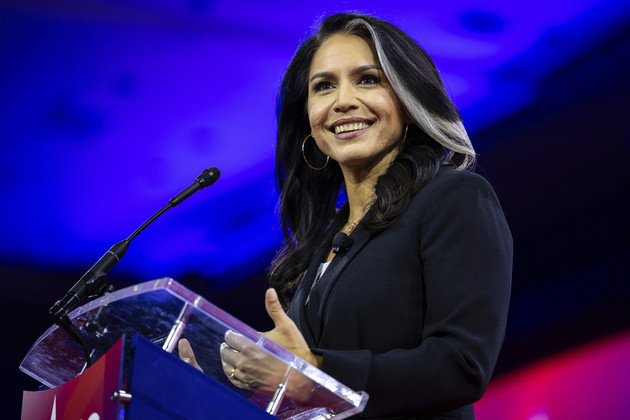
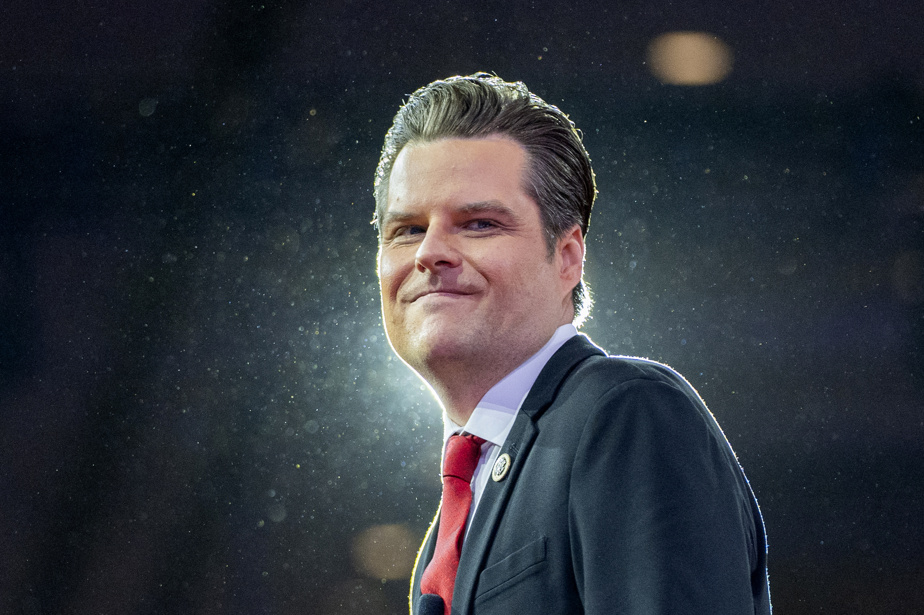
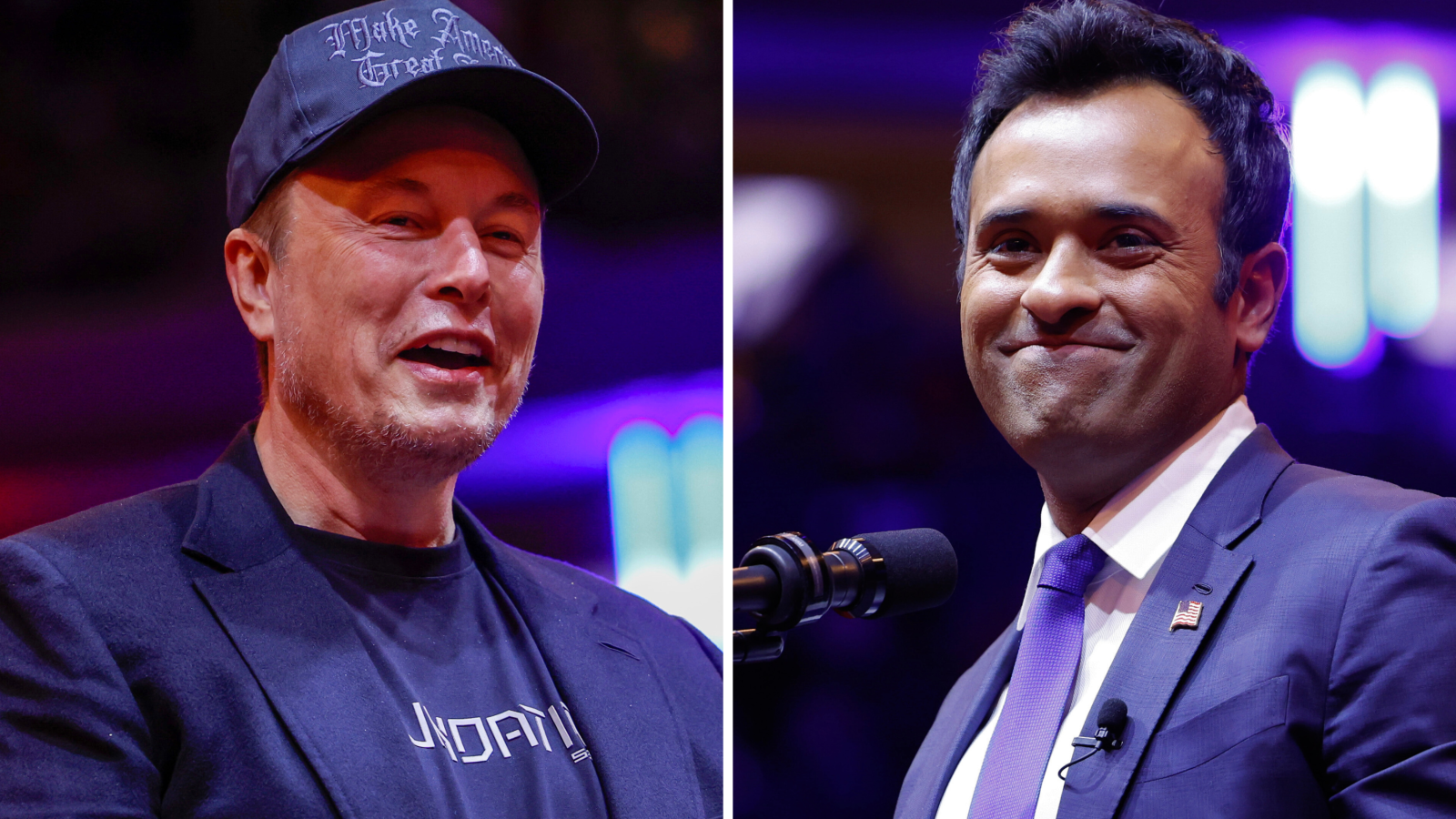
Leave a Reply